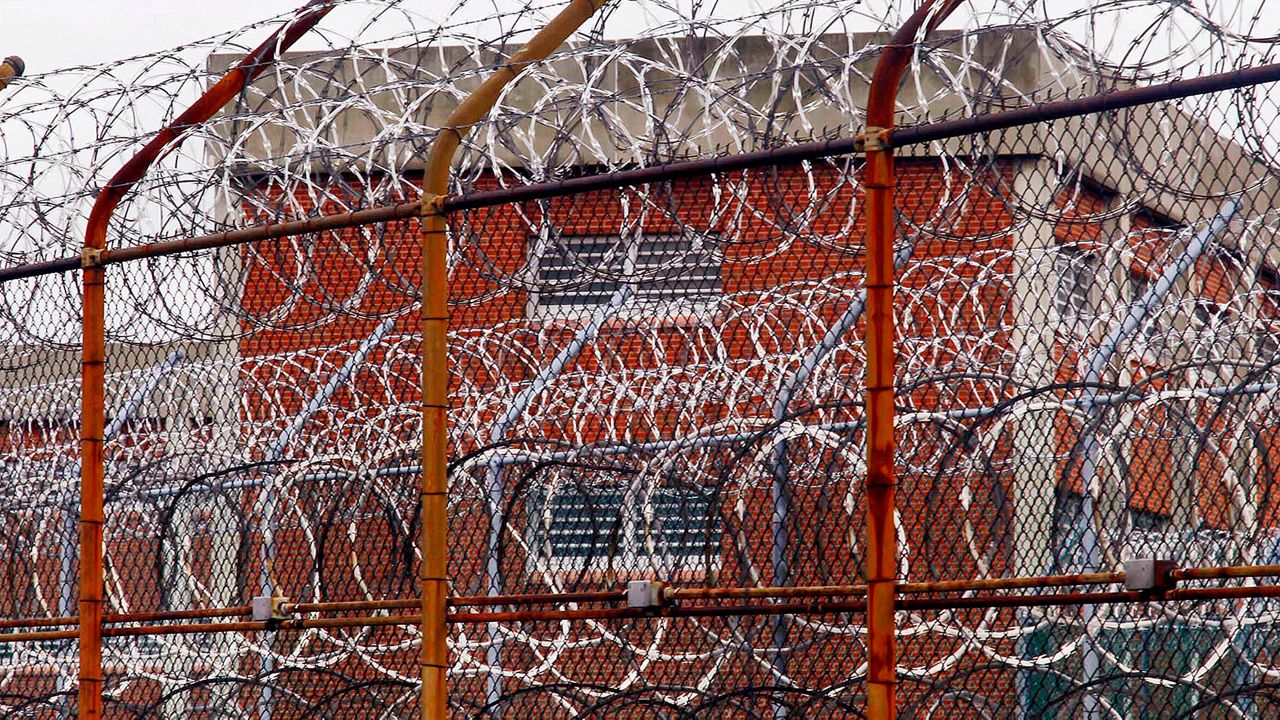With the increase of migrants coming to New York, lawmakers next session say they will prioritize legislation to eliminate the statute of limitations for crimes related to human sex trafficking, and allow survivors to file civil lawsuits against their abusers for a specific period.
New York ranks amongst the five states with the highest number of human trafficking cases, prompting assembly members to hold a public hearing in New York City on Thursday to examine the scope of human trafficking in the state, and services available for sex and labor trafficking survivors.
"People's lives are at stake," Assembly Codes Committee chair Jeffrey Dinowitz said. "The harm that has been caused to so many people is incalculable, and I think we want justice for the survivors of human trafficking."
As of the end of September, the state Division of Criminal Justice Services confirmed 240 trafficked individuals in New York state since the beginning of this year, with 249 trafficked people in 2022 and 295 in 2021.
Dinowitz, a Democrat from the Bronx, sponsors the bill that would eliminate the five-year statute of limitations for sex trafficking crimes. It would also allow trafficking survivors to file a civil lawsuit against their abuser for one year, similar to the Adult Survivors and Child Victims Acts.
"We want to get justice for human trafficking survivors and we want to do everything we can to hold the people who committed these heinous crimes accountable for what they did," he told Capital Tonight after Thursday's hearing.
The bill unanimously passed the Senate this year, but died in the Assembly.
Dinowitz says he'll speak with fellow lawmakers to raise awareness for the bill and bring it to a vote next year.
"I, frankly, can't imagine who would vote against this bill," he added. "It passed the Senate unanimously. I would hope it would not only pass the Assembly, but pass unanimously. This is such an important issue."
Trafficking survivors and organizations that work with them testified in favor of ending statute of limitations for trafficking crimes, as victims are often teenagers or young children.
Christian Eduardo Nava is a queer immigrant from Mexico who survived sex and labor trafficking in Canada and the U.S., and recounted how he regularly suffered from bruises, cuts and internal injuries. He told lawmakers Thursday how victims, most often immigrants and people of color, are told police won't believe them, or will deport them.
"I can assure you that most victims as myself, we cannot identify when we're being exploited," he said.
He says the state needs to expand services for survivors, but particularly male and LGBTQ+ survivors, and related training for staff.
Panelists during the hearing also touched on an ongoing debate to decriminalize prostitution in New York, and how those changes would protect sex buyers and make trafficking worse.
Several clashed on what the best model would look like for New York.
"Do we really want to be known as the next Las Vegas, the sex trade capital of the world? That's what's going to happen," said Sonia Osorio, executive director National Organization for Women NY.
While a bill exists to legalize sex work in the state, lawmakers say it will be difficult to pass, and advancing it is not a top legislative priority for next year.
The latest state budget included $2.3 million for contractors that help New Yorkers who have survived sex or labor trafficking. The state's Interagency Task Force on Human Trafficking was expanded this year, investigating the correlation between trafficking and social media.








